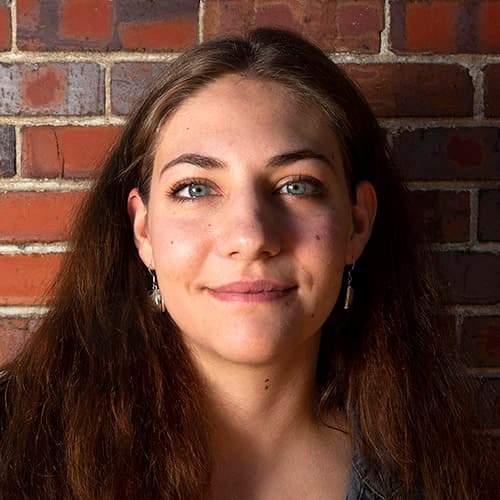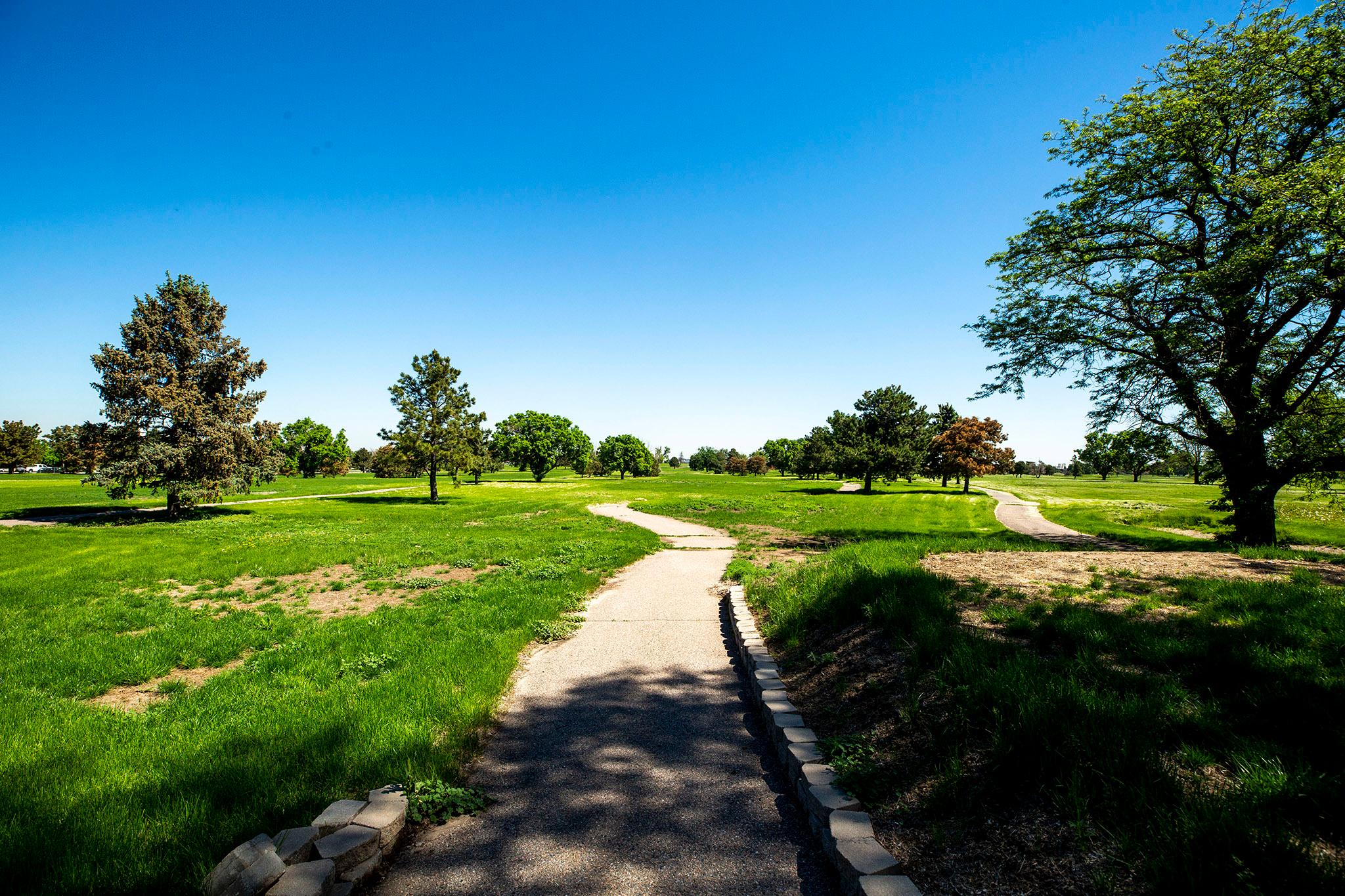Save Open Space Denver filed a lawsuit Wednesday arguing that the city's planning process for the development of the Park Hill Golf Course is illegal because developers have not yet lifted the conservation easement the land is under.
Westside Investment Partners, which bought the 155-acre plot of land in 2019, has been leading a community visioning process to develop the property into a mixed-use development since late 2020. They aim to work with City Council to lift the conservation easement at a later date. But SOS Denver's lawsuit alleges planning any development before the easement is lifted is illegal.
"The city has to follow the law. That's the whole point of our lawsuit," Penfield Tate, a former mayoral candidate and SOS Denver leader, said. "There's a state statute that says you cannot terminate, release, extinguish or abandon a conservation easement without an order of a court, and the city hasn't gone to court."
In a statement, the city said the planning process for Park Hill was a very standard one, and that just gathering community input for future use does not interfere with the conservation easement. But Tate said the "bogus" procedure was a waste of taxpayer dollars, at least until Westside obtains that court order. Westside has not returned our request for comment for this story.
A brief history:
In 1989, $2 million in city bond money was earmarked to buy Park Hill, but a deal between the city and its then-owner, the nonprofit George W. Clayton Trust, wasn't solidified until eight years later. By that time, $2 million was no longer enough to buy the land, but Clayton still needed the money. So a deal was hatched: Clayton relinquished their development rights to the property and put in place a conservation easement that required the land be used as a golf course, all in exchange for the city's $2 million.
SOS Denver's main goal is to keep that easement in place, or at least force Westside to stop planning for development. But the lawsuit is only half of SOS Denver's attempts to preserve all of Park Hill's open space: The group's ballot measure, which has been approved for the November ballot, would require a citywide vote before the conservation easement can be lifted.
Westside has hit back with their own ballot initiative, which defines "conservation easement" under slightly different terms and would exempt Park Hill from that citywide vote. This would mean developers could continue working with the city, neutralizing the SOS Denver measure. The Westside measure is not yet on the ballot and has until July 6 to gather signatures.
Another complication in the lawsuit: The current development visioning process is itself the result of a legal settlement between Westside and the city, in which the city paid $6 million to cover a legal battle stemming from a stormwater drainage project on the property. The agreement maintains the easement but gives Westside a three-year window where they don't have to run a golf course and can start a public engagement process.
Tate said this agreement was a "free pass" for Westside to spend three years disregarding the terms of the easement and "buying" support from the community for their developments.
The plaintiffs in the case include SOS Denver as well as one or more residents from every city council district, according to the filing.
Westside's team has previously argued that citywide input would negate the views already expressed by the diverse groups living in the neighborhoods near the land, which is in the Northeast Park Hill neighborhood and is bordered by Elyria-Swansea and Clayton. A lot of community input has already been gathered, and it generally reflects approval for a mix of development and open space.
Denver Metro Community Impact, a nonprofit, held organized community discussions in February and March of this year. The top three themes mentioned by residents in regards to the golf course were retail, open space and housing. Still, it's not quite that simple: Other oft-discussed topics included gentrification, displacement and a general sense of distrust regarding the city and the developer.
A community survey, which itself was the target of many critiques, showed that around 70 percent of nearby residents were OK with a mix of development and open space. Half of locals also supported the development of minority-owned businesses, and two-thirds were open to building a grocery store.
However, parks and open space remained the most popular priorities across the board.













